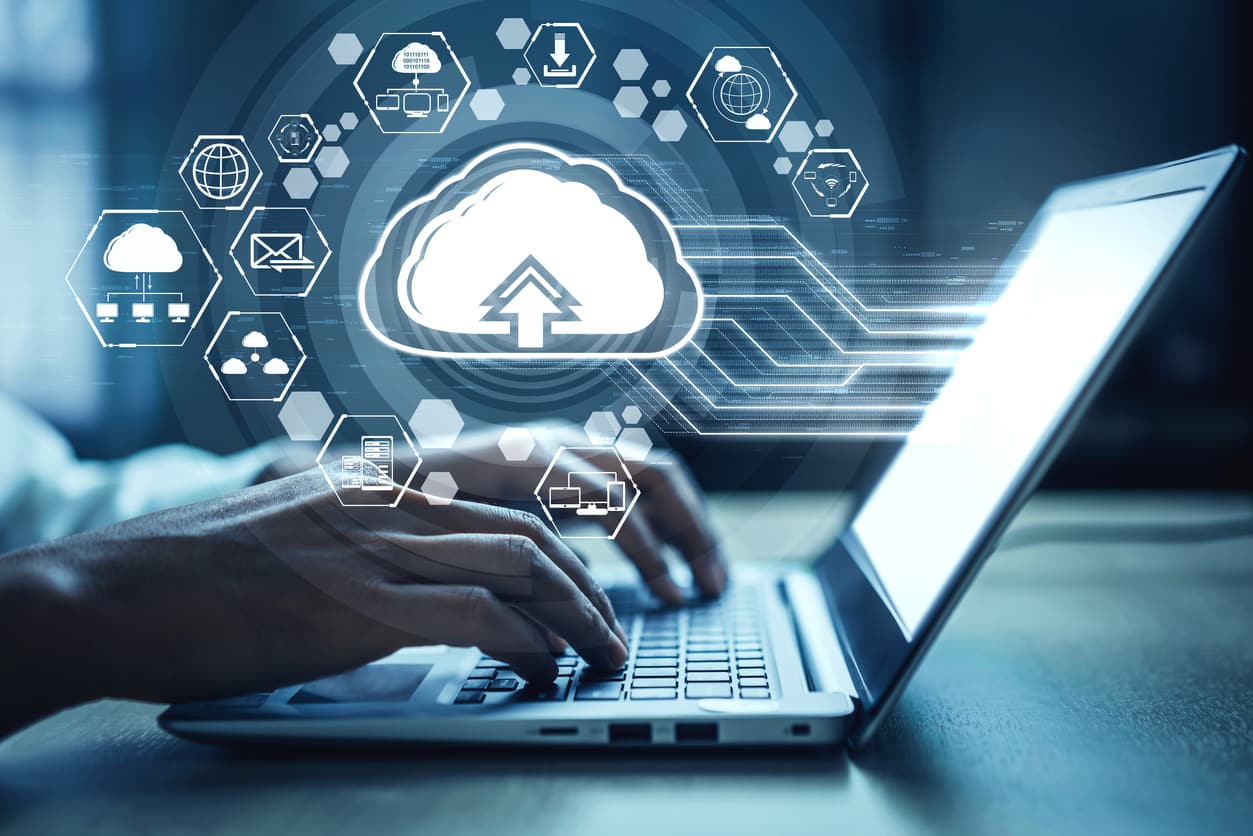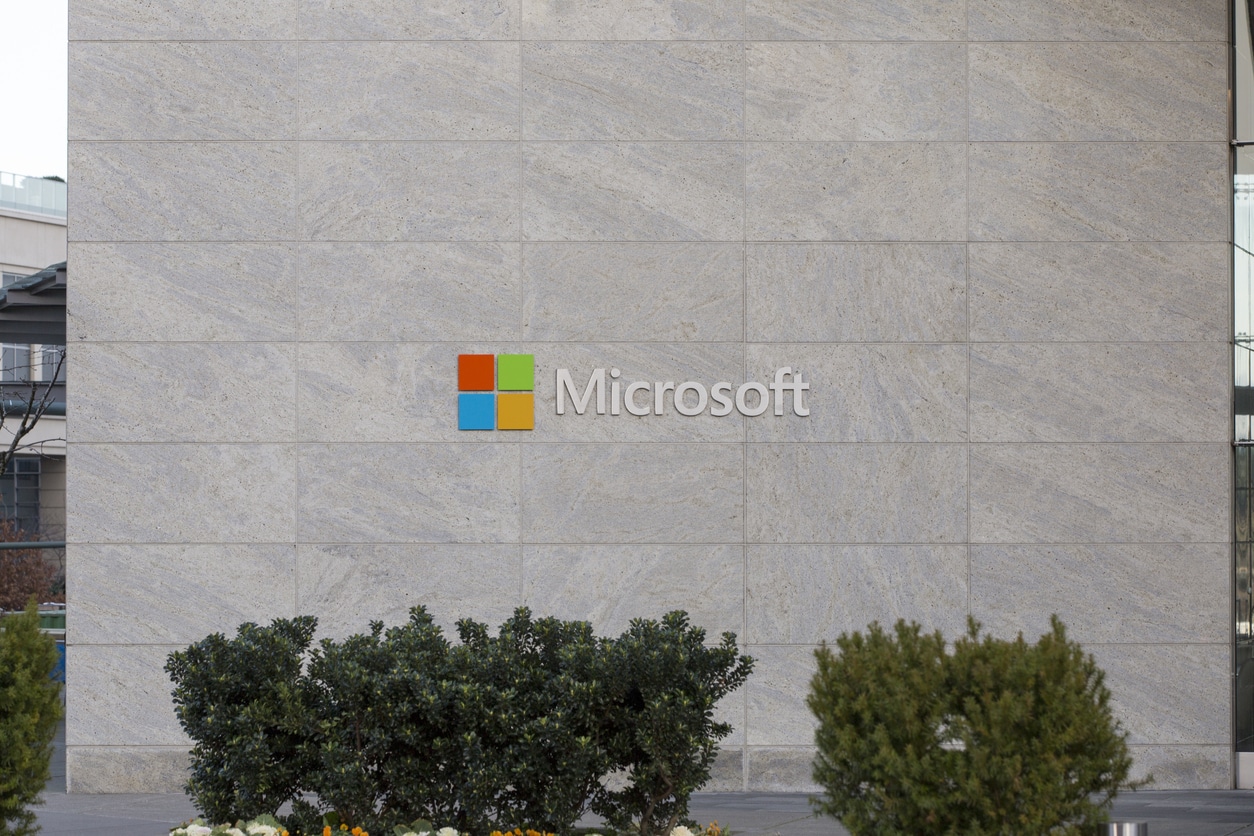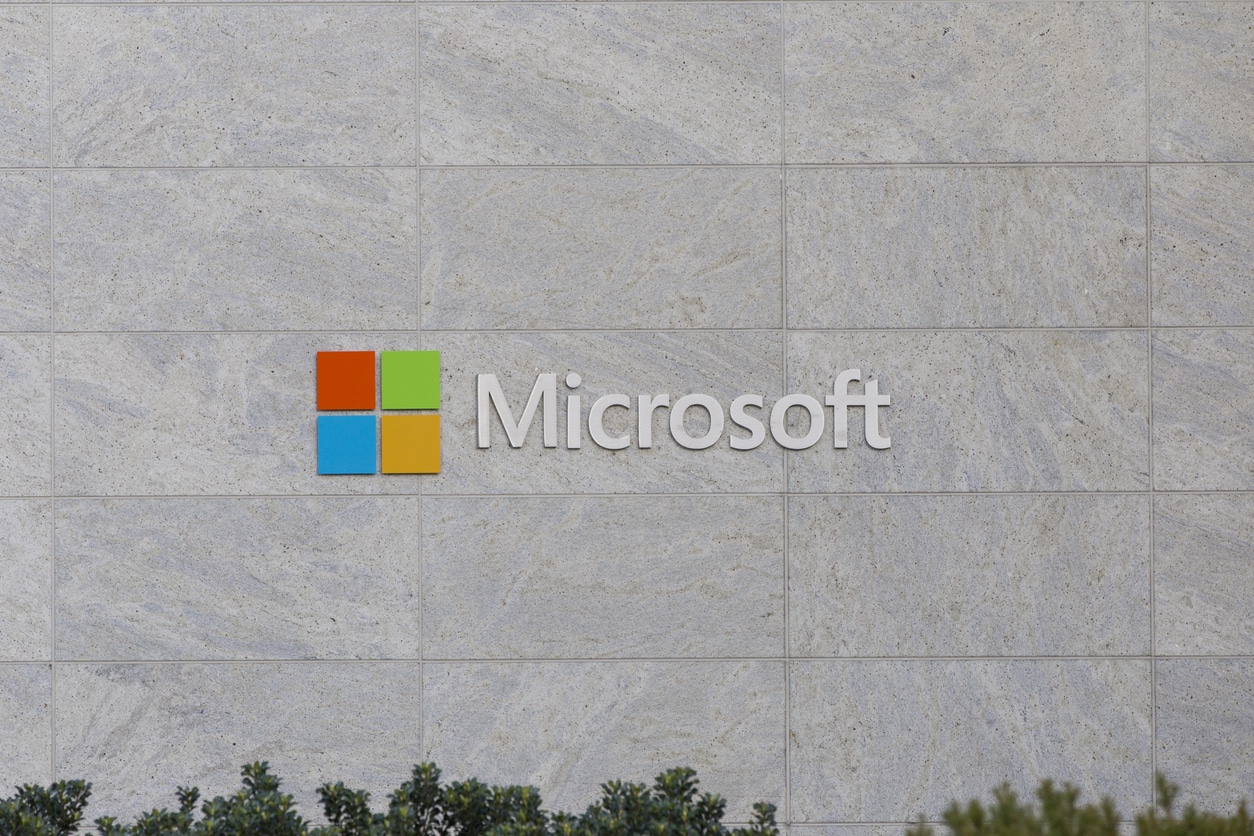Cloud computing is known for sharing information through the internet and the worldwide web, performing all the operations of computing via the internet.
Managing, storing, and analyzing the data is an exhaustive task. In the context of retail business, cloud computing is particularly efficient in managing and processing huge volumes of sales data and in real-time inventory management.
The retail industry has undergone a tremendous transformation with the emergence of cloud computing. To keep thriving in a highly competitive industry, retailers need to focus on extending their reach to customers with multiple stores, managing supply chains to provide a unique customer experience.
How Cloud Computing is Changing Retail business?
Due to the consistent change in customer buying habits, it is difficult to make predictions of how the retail industry will fare in the next few years. But to stay ahead of the competition, retail businesses have to constantly innovate and ensure accuracy and coordination.
Today, retailers are realizing the importance of cloud computing as a cost-effective technique to improve their retail management systems.
Also Read: How is a Cloud-based Application different from Traditional Computing?
The benefits of adopting cloud computing in retail business are:
- Real-time reporting
- Cost-effective streamlined operations
- Quicker speed to market
- Flexibility to scale up and down when required
These are just a few of the many reasons retailers should opt for cloud-based retail solutions but detailed benefits are given below:
How can Cloud Computing benefit the Retail Industry?
Cloud computing can benefit the retails industry in the following ways:
- Cost-Effective operations: The retail industry is one of the most rapidly evolving sectors and in this sector cloud computing has been the preferred solution due to the cost-effectiveness i.e retailers pay for what they use.
- They can save a significant amount of money on operational expenditure budgets such as hardware, software, and connectivity as they do not need to purchase or manage a whole system. This reduces the man-power.
- Business demands are changing at a faster pace, cloud computing helps retailers to eliminate time spent on planning, budget approval for capital expenditure, development, and other operational aspects.
- Flexibility and Scalability: The cloud-based model offers cost flexibility to the retailers allowing retailers to increase or decrease their computing usage with varied pricing options.
- The retail sector usually depends on promotions, time of the year, and even the weather. Thus, cloud computing helps retailers handle the inevitable scenarios. A cloud-based model enables retailers to scale them up in a more cost-effective way.
- Easy Inventory Management: The retail sector can experience inventory at your fingertips. Cloud computing helps your business to store confidential information securely and store your inventory online within the cloud allows your employees to access inventory information from any part of the world.
- Cloud computing offers access to real-time data, cloud architecture, and analytics platforms to big retail companies to manage their stocks.
- Smooth Shopping Experience: Cloud computing helps retailers to all the real-time data related to customers and their orders, this helps in offering personalized recommendations, special membership offers, coupon codes, and other promotions, apart from all these customers can access your store anytime and anywhere.
- Better communication: Cloud computing helps retailers who are struggling both in-house and out-house with communication and collaboration between departments. This helps in reducing the scope of mismanagement or miscommunication.
- Retailers create new products: Cloud computing helps retailers to compile information from online sources such as other retailers and social media platforms this enables companies to develop and sell those products that consumers want most.
- Cloud computing not only helps retailers to create a new product but also helps in saving money while developing new products.
- Predictive Analytics: With advanced data analytics and data modeling, retailers can get data insights of the supply chain, inventory, logistics and it also helps to make better predictions about when specific items will be in demand and help them make faster and better supply chain decisions in real-time visibility.
- In-depth View of Data: Cloud computing in retail business helps in making decisions at the regional or even individual store level about what type of inventory to stock based on the weather or local trends, how many salespeople are needed during the holiday season, or which suppliers to use based on pricing and logistics?
- Cloud also helps in centralizing the structured and unstructured data from different sources. This facilitates easier data modeling, predictive analytics and retailers can have an in-depth view of their data to drive performance and efficiency.
- Supply Chain Visibility: With cloud computing, retailers are capable of handling the supply chain to their business without stock-outs, expedited deliveries, or high inventories. Cloud also helps to capture the real-time status of documents from suppliers, carriers, logistics providers, brokers, etc.
- Better Merchandising Decisions: Cloud computing and Big Data help retailers to understand customer behavior and can analyze customer buying trends and then they can provide meaningful insights about customer preferences about what to stock, how to stock, and how to promote that can help in making merchandising decisions.
- Retailers can use big data: Retailers are using big data to improve their marketing techniques, determine how they will set their prices, find new customers, and more. Retails need to mine the information from different sources and take advantage of big data. They can use cloud data to develop individual profiles for their customers and track the purchase history, browsing habits to create a better shopping experience.
Examples of retail companies using Cloud Computing in their business strategies:
- Walgreens: Walgreens is a pharmacy store that uses IBM cloud services and retail analytics tools to make field service more efficient across the US to identify when service calls happen, taking care of all concerns in a single trip, and many other needs as well.
- 1-800-Flowers: This is basically an online gift center that uses Cloud services to make its online shopping experience a seamless one.
- Bernhardt Furniture: This is a furniture seller’s business that uses the cloud to create a virtual showroom that represents chairs, tablets to show off the complete product inventory.
- Pets at Home: Pets at home connect companies applications for real-time inventory updates for store employees which is built on IBM cloud Store.
Market Overview
According to Nasscom and EY, the Indian retail sector will reach $1.4 Tn by 2024.
The retail cloud market is foreseen to register a CAGR of 16.3% from 2021 to 2026. The rise of e-commerce has set the expectation of a personalized, and good user experience when they shop in-store.
- The digital transformation amongst the retailers is gaining traction and retailers moving towards the cloud.
- According to a Global Retail Industry, about 39.8 % of the organizations are increasing their overall ICT budget with 37.8%.
- During pandemics, there was a significant increase in product demand for food, household goods, and pharmaceuticals whereas the fashion industry has been hit hard due to low demand this has led to an Omnichannel presence which is further boosting the demand for retail cloud.
Wrapping up
This article explains the importance and benefits of cloud computing in a retail business.
We go to know how cloud computing has taken over the majority of the industries as it gives better business insights, better customer service streamlines communication with customers within an organization, and provides security and reliability. Like other industries, cloud computing offers various benefits in the retail sector as well. Now that more retailers have started realizing the significance of migrating to the cloud to survive in this online dominated era
So, what are you waiting for?
Shift your cash register to a cloud-computing system and see the difference it brings to your business!
Keep in mind, moving entire operations to the cloud is no small feat, retailers should use tools for easy migration, a simplified interface, and storage efficiencies and address the challenges associated with security, and technology adoption as well. However, cloud technology certainly changes the way retailers interact with customers. If you wish to learn more about Cloud Computing, check out this Cloud Computing Course Details and learn more.






